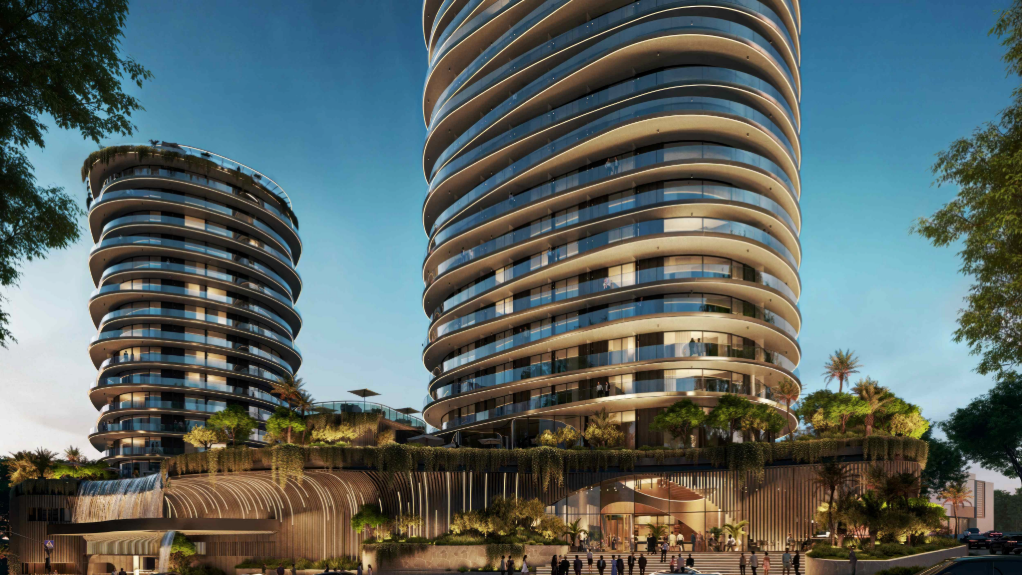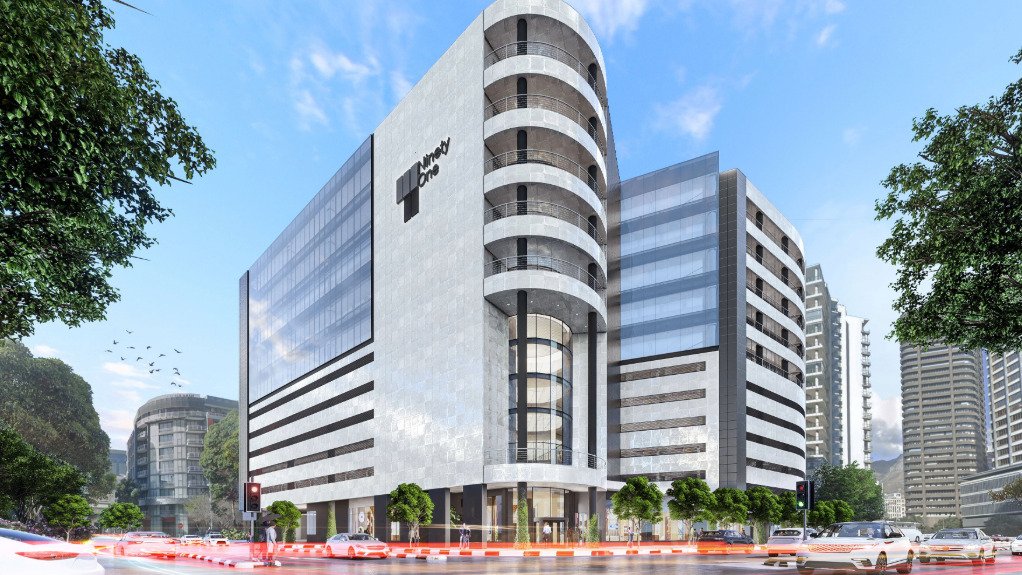Underpinned by sustainability, the goal of South African real estate investment trust Growthpoint Properties is to achieve net-zero carbon emissions across its portfolio by 2050.
“We continue to invest in smart metering; have set net-zero targets for individual buildings; and we’re expanding renewable-energy capacity across our retail, commercial and industrial property portfolios,” says Growthpoint Properties Asset Management head Neil Schloss.
The company’s total installed solar PV capacity now exceeds 60 MWp – comparable to that of a commercial-scale renewable utility, while its e-co₂ initiative will deliver its first green electricity to ten office buildings in Sandton, Gauteng, in October 2025.
“This power will be wheeled over the national grid from the Boston hydroelectric plant, in the Lesotho Highlands Water Scheme, which has been developed in partnership with leading independent power producer Serengeti Energy.”
Schloss adds that the initiative is supported by a 195 GWh power purchase agreement with licensed green energy trader Etana Energy, signed in 2023, and includes hydro, wind and solar energy.
“It enables Growthpoint to wheel zero- carbon electricity to tenants, which is certified and tracked through blockchain platform Fuel Switch.”
Tenants can use the renewable-energy certificates, independently verified by Fuel Switch, to help reduce their Scope 2 emissions or trade on global renewable- energy markets.
Schloss stresses that the company remains focused on reducing electricity, water and waste intensity, and is continuously rolling out initiatives to improve water resilience and recycling.
However, these are all highly specialised areas that require specialist expertise, and “by leveraging the scale of our portfolio, our expertise and our innovative approach, we aim to drive meaningful change across our assets and the communities we serve, while honouring our environmental, social and governance commitments”, he explains.
Property Possibilities
Schloss suggests the commercial property sector is attracting better sentiment and showing more opportunities than in recent years, with the scale of these opportunities varying by sector and region.
“However, logistics and industrial property are leading the way and seeing the highest level of investment and development activity, with the Western Cape outperforming across all sectors and showing no signs of slowing.”
Retail centres and retailers that adapt to evolving consumer needs and that focus on daily essentials and value fashion are performing better, owing to South African consumers remaining under financial pressure.
However, offices remain most affected by an ongoing supply-demand imbalance, even as “we are seeing increased leasing activity in Cape Town, Umhlanga Ridge and some areas of Johannesburg. New office construction has slowed, and surplus space will gradually be absorbed, but faster uptake depends on stronger economic growth,” he explains.
Growing Gains
Schloss says Growthpoint’s South African portfolio strategy is to improve quality through targeted disposals and reinvestment.
The company is reducing exposure to the office sector, particularly B- and C-grade assets, and disposing of older industrial properties, manufacturing facilities and noncore retail in declining central business districts or niche sectors such as motor dealerships.
Growthpoint’s focus is on active asset management of the core portfolio. It is also increasing investment in the Western Cape, especially in logistics, including developing high-quality logistics warehouses, and retail.
By focusing on getting the fundamentals right and continually improving portfolio quality, the company is positioning for growth.
“We remain optimistic, opportunistic and committed to staying ahead of market trends through innovation and agility,” concludes Schloss. ![]()







